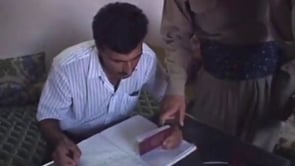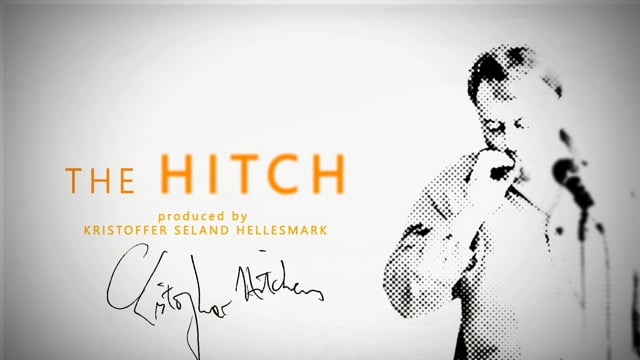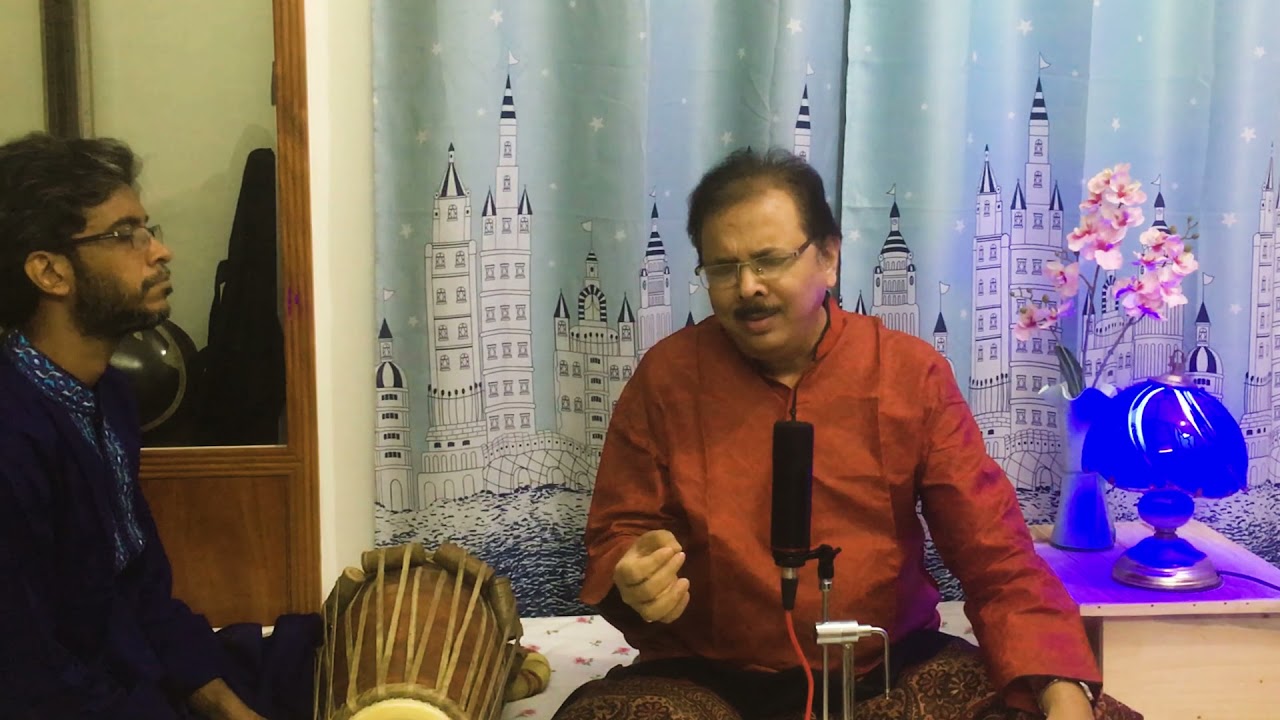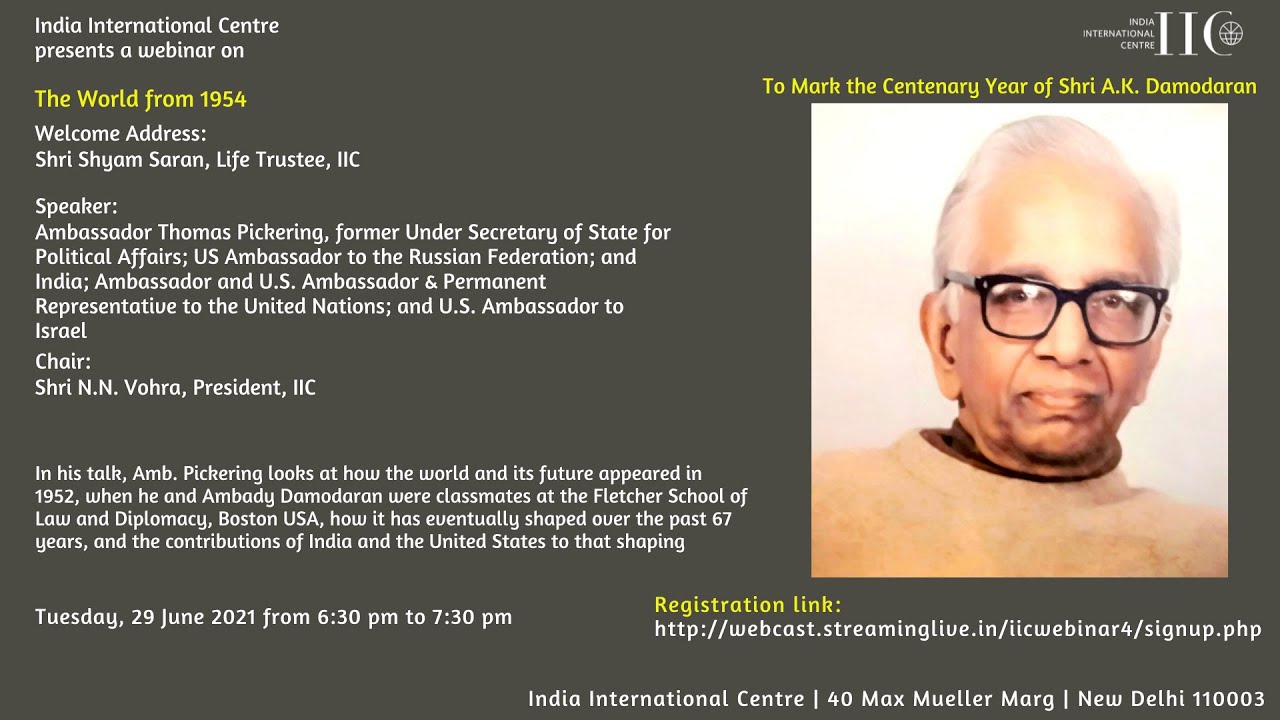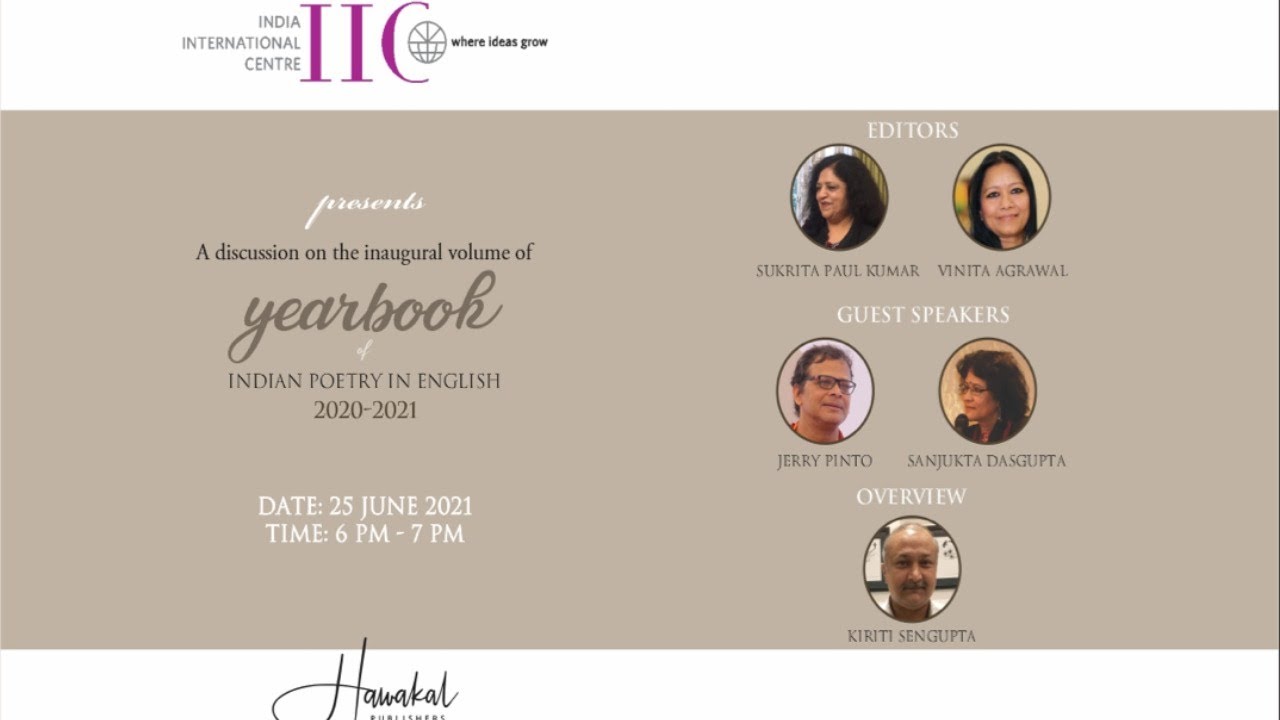In the Footsteps of Alexander the Great (1998)
Director: David Wallace
A four-part BBC series, written and presented by Michael Wood
Michael Wood retraces Alexander the Great’s amazing journey from Greece to India, searching for the truth behind the legend and experiencing the tremendous scale of his achievements.
Using the ancient historians as his guides, Wood follows Alexander’s journey as closely as possible, crossing deserts and rivers, from Turkey to war-torn Afghanistan. As the journey progresses, he recreates the drama of Alexanders epic marches and bloody battles. All along the way he finds proof of the survival of the legends surrounding Alexander, a leader whose life has excited the world’s imagination for the 2,000 years.
Episode II: Lord of Asia (60 min)
Alexander invades Persia – todays Iran. Michael Wood traces his route through the Zagros mountains to Persepolis. He hears from storytellers that this defeat is still remembered today by the Zoroastrian community. The programme ends at the Caspian Sea, the edge of the world for Alexander.

